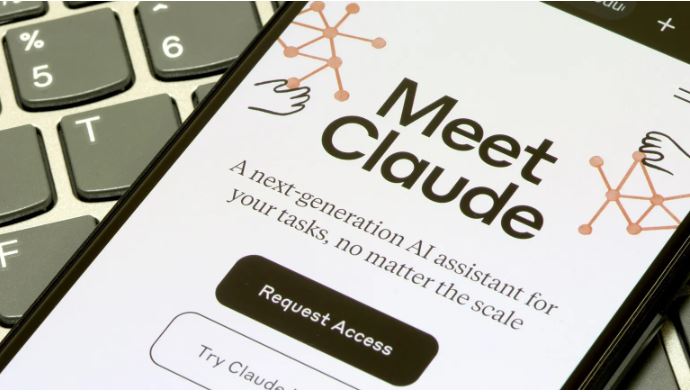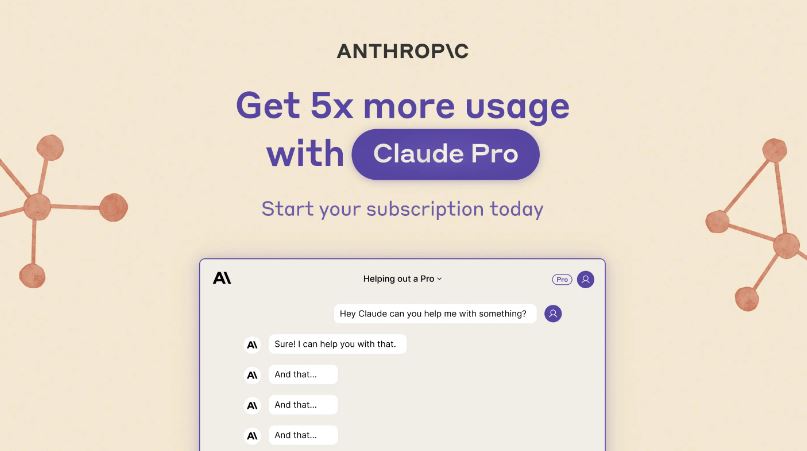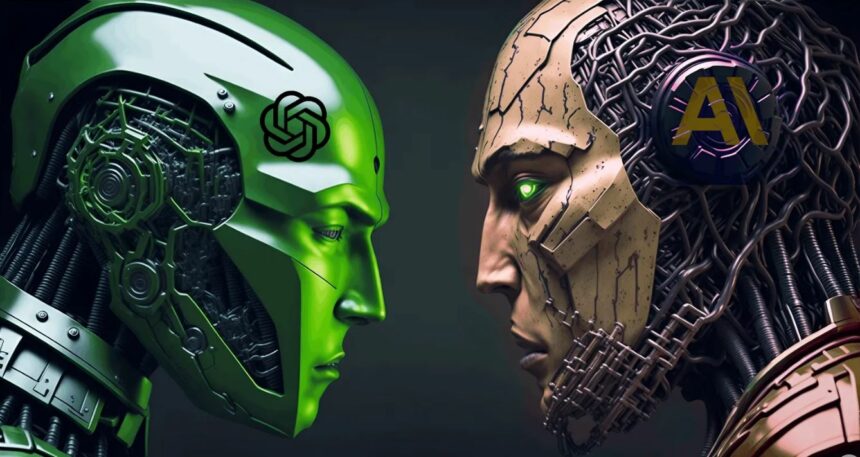In a notable development in the AI industry, Anthropic has unveiled Claude Pro, a premium version of its proficient AI chatbot “Claude 2.” This release presents a significant competitor to ChatGPT. Claude Pro stands out with its remarkable contextual capabilities, supporting an impressive 100,000 tokens of context compared to ChatGPT Plus, which handles 32,000 tokens. This enables Claude Pro to handle more extended and complex prompts, promising an enriched user experience.

Anthropic had been considering the introduction of a paid subscription model, carefully assessing market dynamics and user preferences. To align their offerings with user expectations, the company conducted surveys among its free service users to gauge their willingness to pay $25 per month for a subscription. In the official announcement, Claude Pro is touted to provide “at least 5 times more usage compared to the free version of Claude,” catering to power users. This premium service resets every 8 hours, facilitating uninterrupted new conversations and ensuring a seamless interaction experience.
ChatGPT Plus also limits its usage, with the latest update allowing around 50 messages every 3 hours for its more capable model, GPT-4.

Notably, Anthropic recently secured over $400 million in funding, led by Google, and was founded by former OpenAI researchers. In contrast, OpenAI is primarily backed by Microsoft and boasts a valuation of nearly $30 billion. Claude Pro is specially designed to seamlessly handle extensive conversations, even those involving large attachments. Users are advised to “initiate new conversations for new topics,” a practice aimed at optimizing Claude’s performance, reducing unnecessary file re-uploads, conserving message limits, and accelerating response times.
Anthropic’s “Constitutional” training approach for Claude differs from OpenAI’s “Reinforcement Learning Through Human Feedback.” OpenAI’s method relies on human annotators to review model interactions, potentially introducing bias. Anthropic’s approach uses a “Constitution” of general rules to guide the AI, allowing it to self-improve, detect and adapt to problematic behaviors without human involvement.








